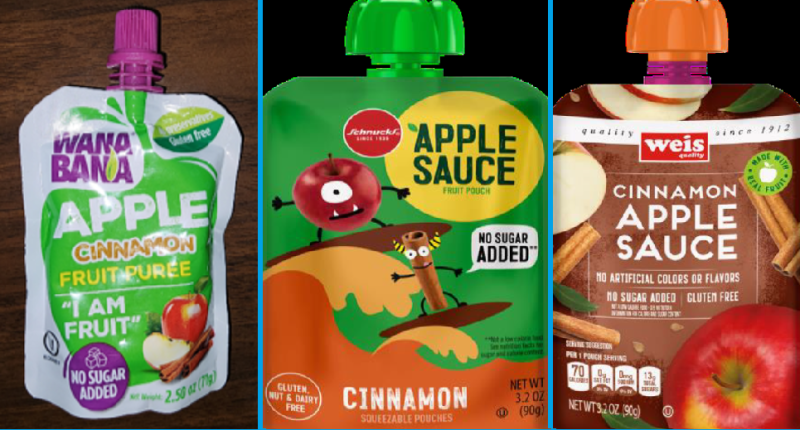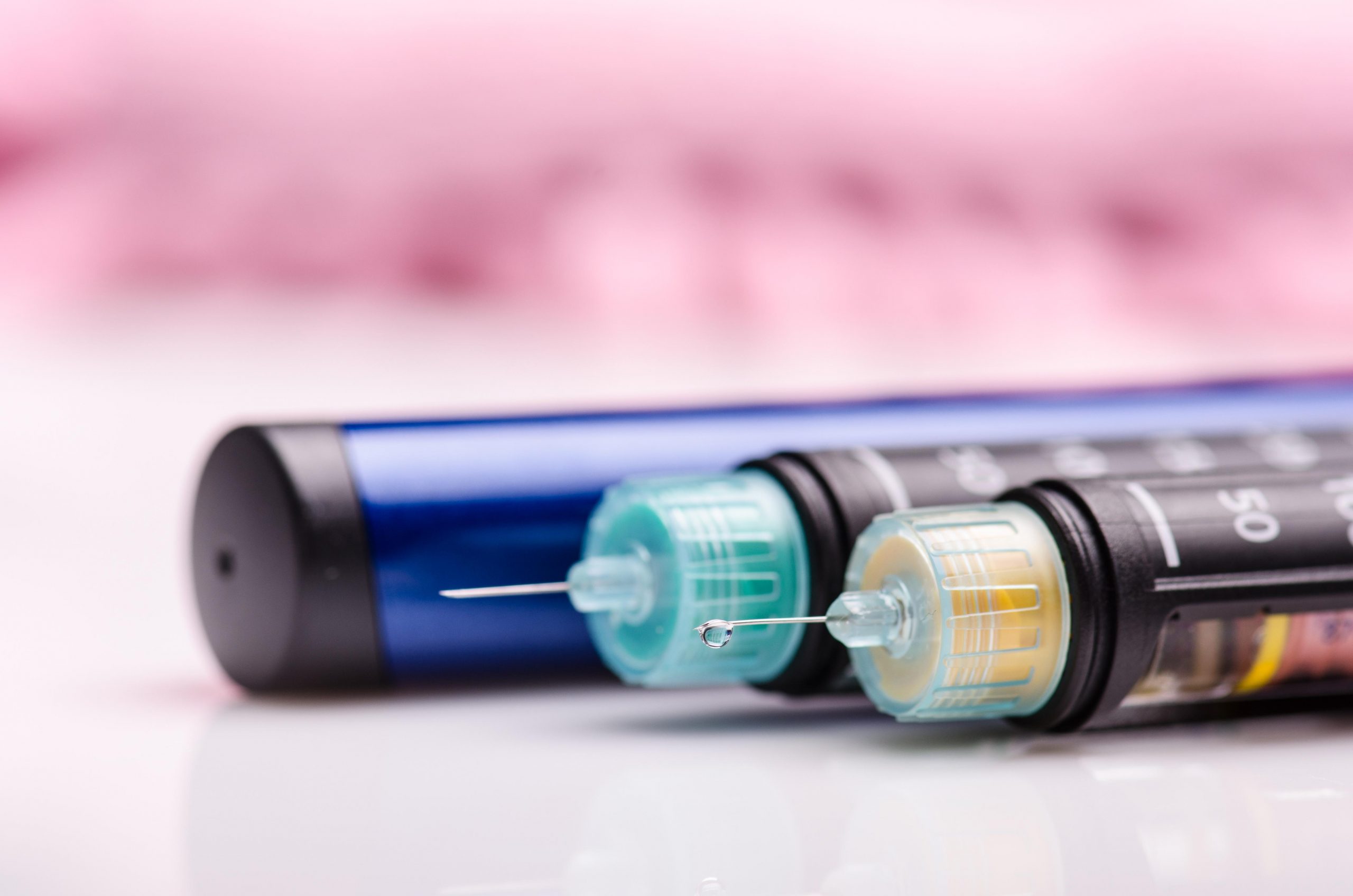
A bout of depression can trigger a bump in body weight among people struggling with obesity, a new study has found. People who had an increase in symptoms related to depression experienced an increase in their weight a month later, researchers report in the journal PLOS One. “Overall, this suggests that individuals with overweight or… read on > read on >






























